In yet another instance of a governing body classifying loot box practices as gambling and illegal, an Austrian court has ruled in favor of a player who reportedly lost thousands of euros to opening weapon cases (loot boxes) in CS:GO, directing Valve to pay their money back.
As reported by Games Wirtschaft in German on Dec. 18, which Dot Esports translated using Google’s language conversion program, Valve has to pay the affected CS:GO player a considerable sum of €14,096.58 (roughly $15,000) as per the court’s ruling. While the decision isn’t legally binding yet, litigation financier Richard Eibl said the chances of the publisher emerging victorious are “extremely bad” since the Austrian court had previously ruled in favor of the player base in separate but similar instances.
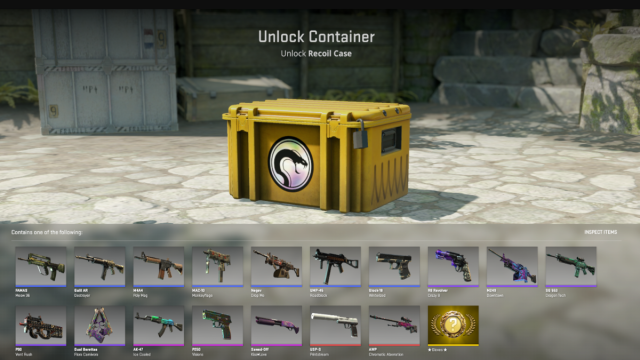
“After the FIFA game operators, the Valve Corporation is now the second video game provider that has been proven to offer illegal gambling in Austria,” Eibl said, speaking to Games Wirtschaft. “According to various studies, Valve generates around one billion in sales through Counter-Strike loot boxes. The Austrian market share is not insignificant, as Austrians are very fond of gambling compared to other countries.”
For those unaware, in early 2023, the Austrian court concluded in favor of FIFA players who had sued Sony in 2022 for enabling “illegal gambling” in the form of player packs for FIFA Ultimate Team. Sony could have appealed against it, but Games Wirtschaft reported it didn’t, so the ruling turned out to be legally binding.
In the case against Valve, the player’s side successfully argued that the randomly generated contents of weapon cases constituted illegal gambling according to the Austrian Gambling Act since the publisher could make a profit out of the activity and didn’t have a gaming license. Valve can still appeal this decision, but it may be unlikely.
Loot boxes in video games have been a major topic of controversy across several countries, especially those in the EU. The primary argument is that the term “loot box” is used to subtly introduce gambling in video games without taking responsibility for the harm it can cause to children and adults alike. With Austria taking a ground-breaking stand against such practices, it might not be long before the concept of loot boxes faces a stronger test against bigger bodies of law.
Weapon crates have been an iconic part of the adored free-to-play Counter-Strike experience. Many players spend thousands of dollars just for the chance of getting the rare weapon skin of their dreams, no less than what casinos feel like. This isn’t the first time the publisher has faced lawsuits for promoting gambling in its video games. It’s worth noting that Counter-Strike games, including CS2, CS:GO, and older titles, were never pay-to-win. Skins don’t provide any aim advantage in matches, unlike FIFA Ultimate Team’s player packs, which offer players a chance to unlock rare or legendary soccer players, giving them an undeniable edge in the competition.
While it’s a solid statement against camouflaged gambling in video games, Austria’s fight against loot boxes isn’t likely enough for Valve to stop promoting weapon crates in Counter-Strike games.




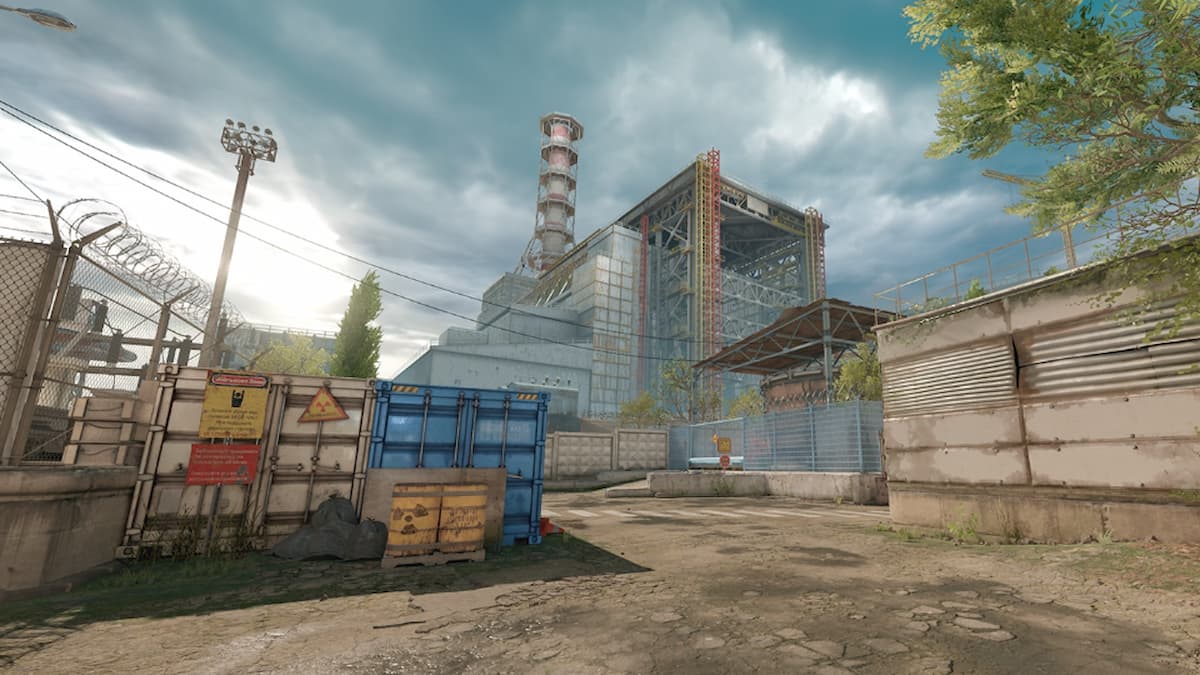
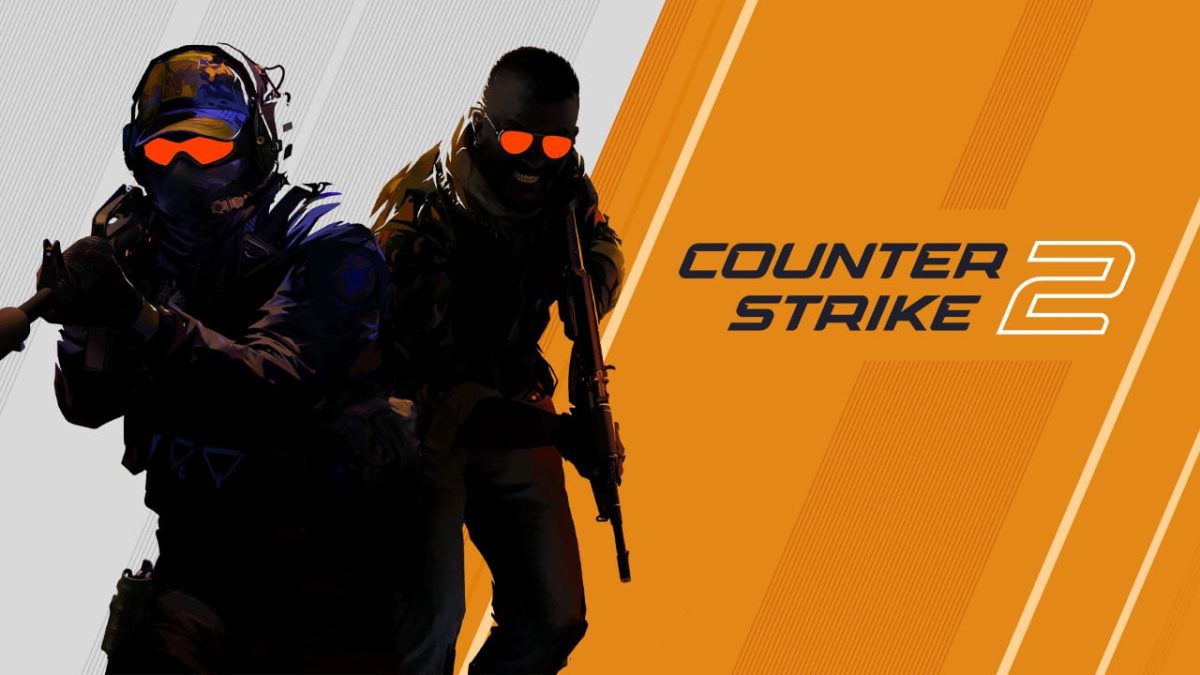


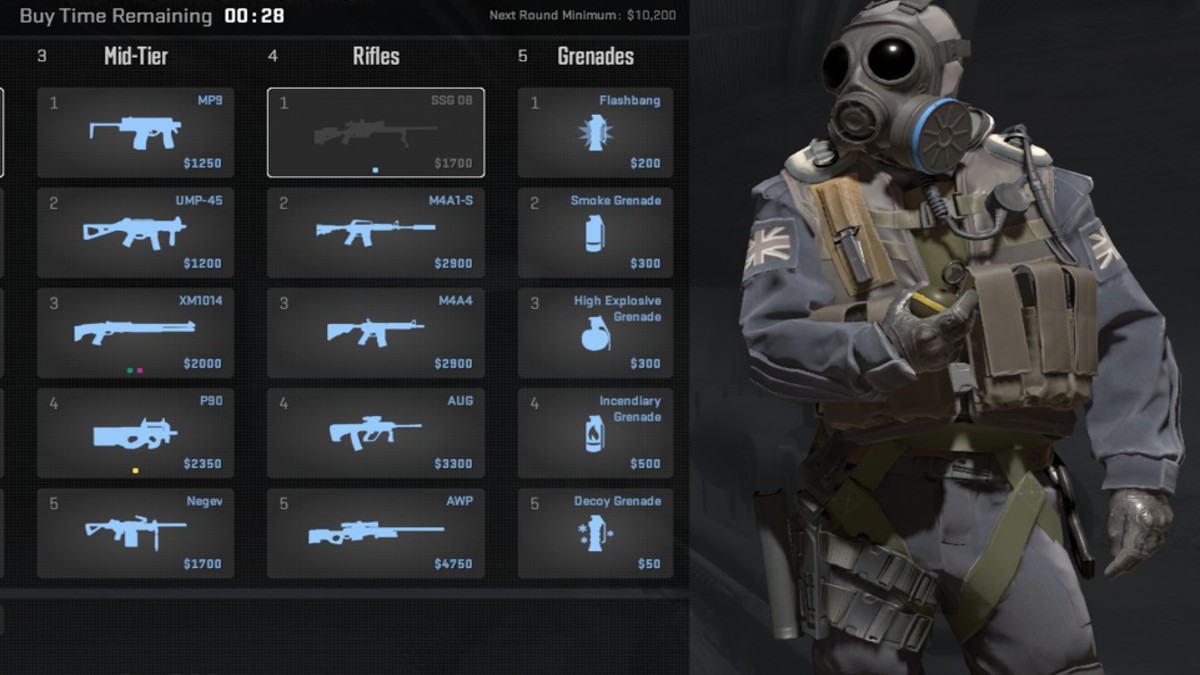
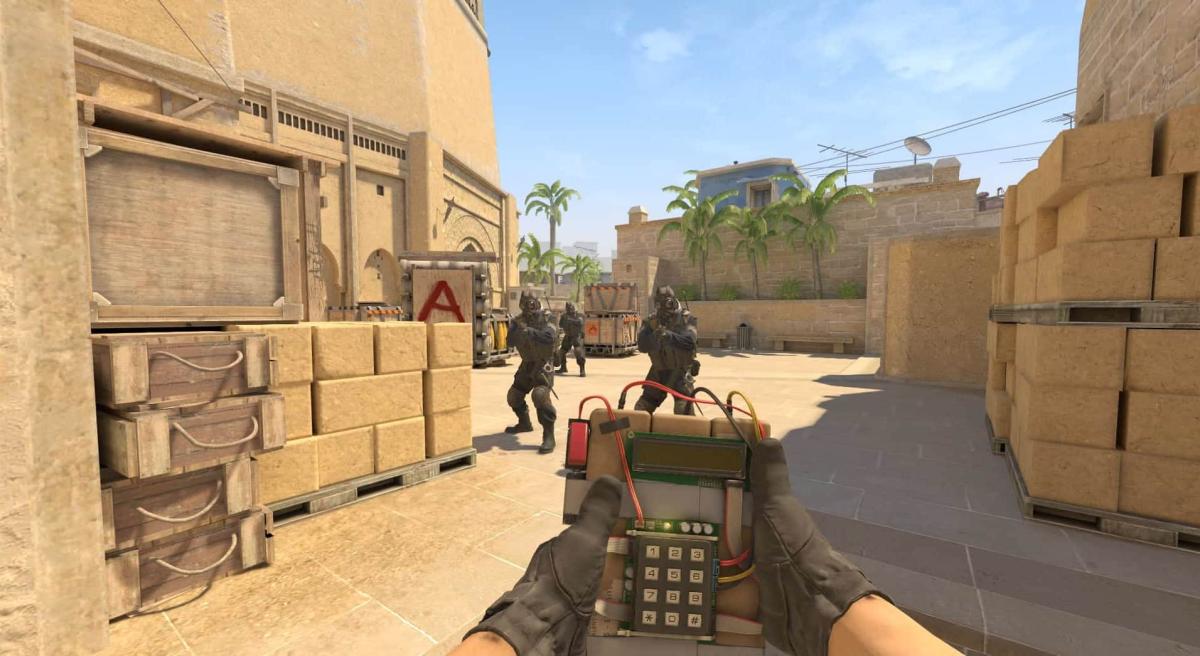
Published: Dec 19, 2023 03:42 am